Robinhood FREE

Product Name: Robinhood
Product Description: Robinhood is an online broker offering an easy-to-use mobile app and free stock, ETF, crypto, and options trades.
Summary
Robinhood is an online broker offering an easy-to-use mobile app and free stock, ETF, crypto, and options trades. But you can’t buy or sell mutual funds or fixed-income investments, such as bonds. Its stock analysis and market research tools are also very limited, making it less suitable for advanced traders.
Overall
Pros
- Commission free trades
- No account minimums
- Well designed interface
- Now offers retirement accounts
Cons
- Can’t trade mutual funds or bonds
- Limited stock analysis and market research
- No short selling
Robinhood is an online brokerage that has become popular for its commission-free trades and simple and clean user interface that makes stock and ETF trading easy. Robinhood also offers options and crypto trading, fractional shares, retirement accounts, and a cash back debit card.
But Robinhood isn’t without its detractors. Robinhood has been criticized for gamifying investing and drawing beginner investors into risky trading activities. And the Robinhood platform lacks many of the in-depth research and analysis tools found in other top brokerages.
At A Glance
- Commission-free stock, ETF, and options trades
- No account minimums
- Fractional share trading
- Free crypto trading
- Traditional and Roth IRAs are available
- Cash back debit card (spending account) with no monthly or overdraft fees
- Early access to direct deposit
Who Should Use Robinhood?
Robinhood is ideal for beginners as it’s easy to use and has no fees or account minimums. However, you must be cautious to avoid falling into active trading patterns, which can be dangerous.
More experienced investors will appreciate that you can buy $1 fractional shares of stocks and exchange-traded funds when many traditional brokers still require purchasing whole shares.
But if you’re looking for a more passive investment strategy or want access to in-depth investment research tools, you’re better off looking elsewhere.
Robinhood Alternatives
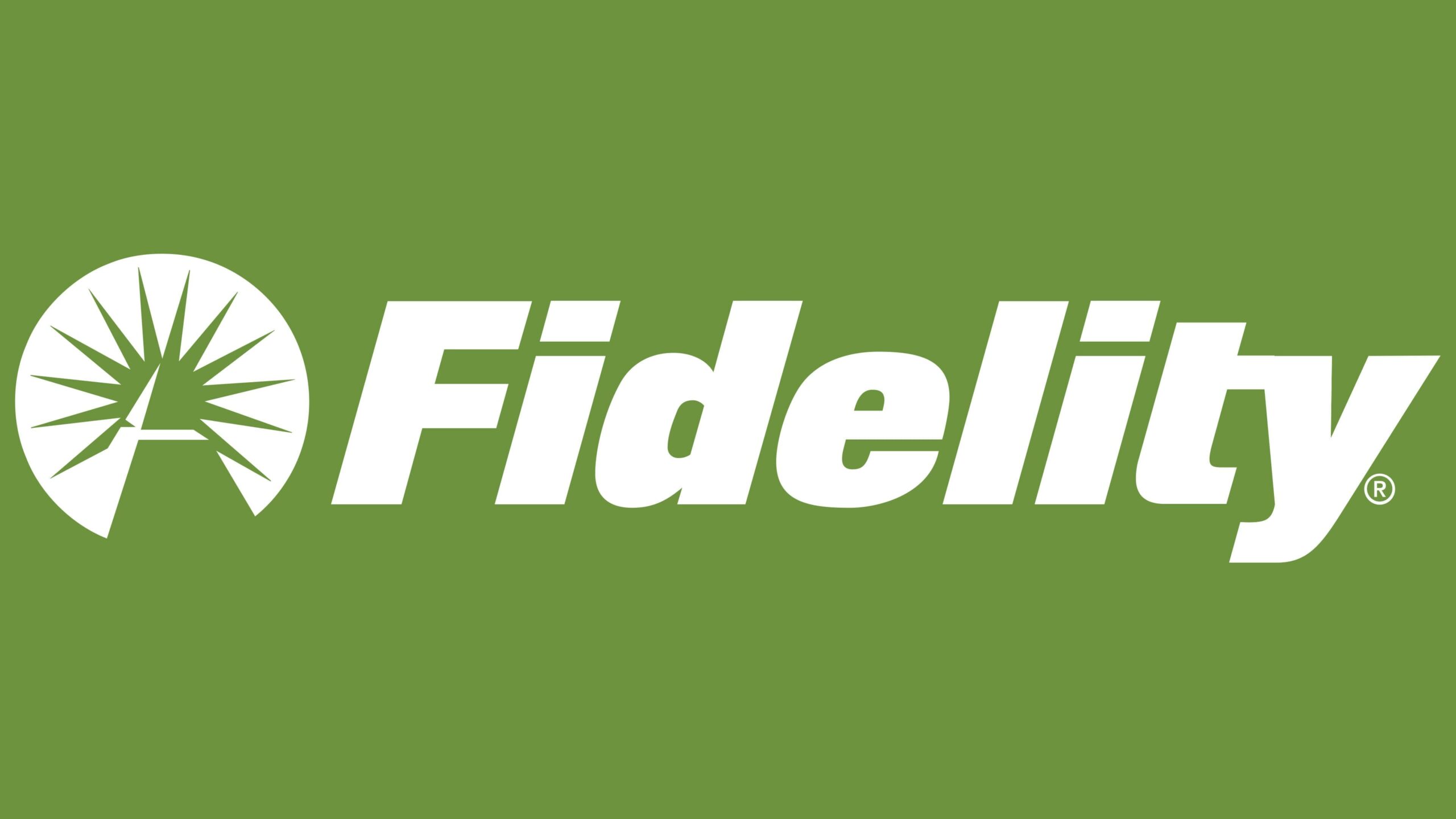 | 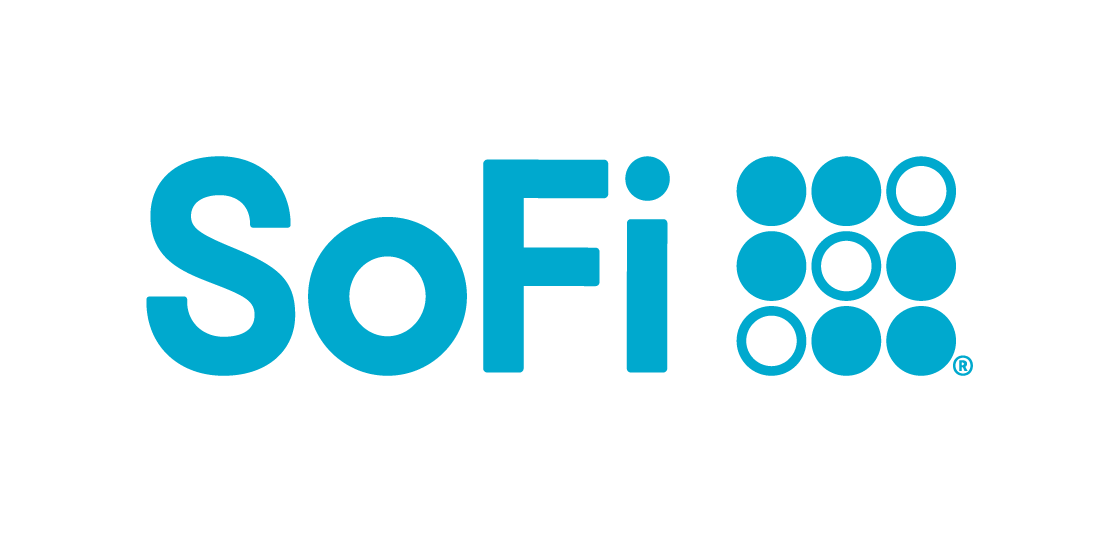 | 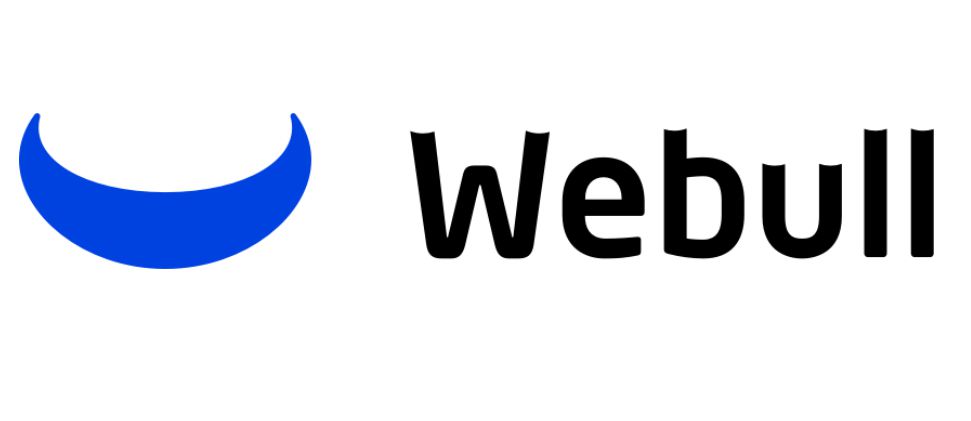 | ||
| Trading Fees | $0 commission stock, ETF, and options trades | $0 commission on U.S.-listed stock and ETF trades during market hours | $0 commission fees on stock and ETF investing | $0 commission fees on U.S.-listed stock, ETF, and options trades |
| Fractional Shares | Yes | Yes | Yes | Yes |
| Crypto | You can trade crypto through a Fidelity Crypto account | Yes, but you must open an account with Bakkt Crypto to trade through Public | No; crypto trading services discontinued | Yes; but on a separate platform |
| Learn More | Learn More | Learn More | Learn More |
Table of Contents
- At A Glance
- Who Should Use Robinhood?
- Robinhood Alternatives
- What Is Robinhood?
- Best Robinhood Features
- Free Stock and ETF Trading
- Robinhood Crypto
- Robinhood Options
- Robinhood Retirement
- Robinhood Gold
- Robinhood Cash Card
- How does Robinhood make money?
- How to Get Started with Robinhood
- Is Robinhood Safe?
- What I Like About Robinhood
- What I Don’t Like About Robinhood
- Robinhood vs. Fidelity
- Robinhood vs. Public
- Robinhood vs. SoFi Invest
- Robinhood vs. WeBull
- FAQs
What Is Robinhood?

Robinhood launched its popular stock trading app in 2015 and was one of the first online brokerages to offer commission-free trades.
Since then it’s expanded its product offering to include crypto trading, retirement accounts, and a convenient spending account.
As of 2022, Robinhood had approximately 23 million members. Robinhood is a legitimate trading platform. It’s a member of the Financial Industry Regulatory Authority (FINRA) and has Securities Investor Protection Corporation (SIPC) insurance, so your balance is protected up to $500,000 (with a $250,000 limit on cash). This is to protect against fraud, not the loss of value.
Robinhood Free Stock Offer
For a limited time, Robinhood offers a free share of stock (valued between $5 – $200) when you open an account through a link on our site. There is no deposit required and no account maintenance fees to worry about.
Click the link below and enjoy your free stock share!
Best Robinhood Features
Here’s a closer look at the main features Robinhood has to offer.
Free Stock and ETF Trading
With Robinhood, you can buy or sell most individual stocks and ETFs that trade on the U.S. stock exchanges. Robinhood also offers fractional investing, so you can purchase partial shares for as little as $1 at a time fee-free, making it easy to afford more expensive stocks while maintaining a diverse portfolio.
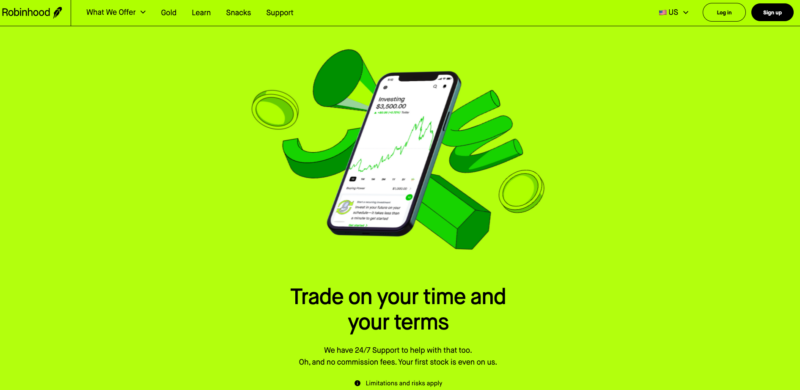
Some of the tools available to all investors include:
- Multiple order types: The default is to place market orders (buy or sell at the current trading price), but you can also choose limit orders (trade executes within a specific price range).
- Price chart: While Robinhood’s research tools are limited, you can view a basic historical stock chart for a potential investment.
- Ratings: Robinhood allows you to view a consensus of how many stock analysts are bullish or bearish. The platform also shows basic financial data, news headlines, and similar stocks.
- Stock lending: Long-term investors can enroll in the Robinhood Stock Lending program to earn interest by lending their shares to margin traders.
- Extended hours trading: While most investors can only buy or sell stocks and funds during normal market hours when liquidity is at its highest, the Robinhood 24-Hour Market allows you to trade many of your favorite stocks between Sunday @8PM EST and Friday @ 8 PM EST. It’s important to note that there are increased risks to trading outside market hours, which Robinhood covers in its Extended Hours Trading Disclosure.
Robinhood also offers many OTC and ADR stock symbols that let you trade penny stocks with thin liquidity and trading prices below $5. Usually, you need to use a traditional online brokerage like E*TRADE, Fidelity, or Schwab to buy or sell these tickers.
Unfortunately, you cannot buy or sell foreign-listed stocks that trade directly outside the United States. For example, you cannot buy Nintendo stock from the Tokyo Stock Exchange — you would have to purchase the US-listed NTDOY share instead.
Robinhood Crypto
You can trade several popular cryptocurrencies commission-free on the Robinhood exchange, including BTC, ETH, DOGE, SHIP, AVAX, UNI, ETC, LINK, XLM, AAVE, and more. According to Robinhood, most of its customers’ coins are held offline, in cold storage, for additional security.
You can also transfer your crypto to and from Robinhood to other crypto wallets, without incurring any deposit or withdrawal fees.
Robinhood claims cryptocurrency trading through its platform is cheaper than dedicated crypto exchanges, such as Coinbase, Kraken, and Crypto.com. However, most crypto exchanges offer more token options and make storing the actual token keys easier.
Robinhood Options
Experienced investors* can apply to open a Robinhood Options trading account. There are no commission fees on trades or options contracts.
To get started, you’ll have to open and fund your Robinhood account and select the Options trading option in account settings. You’ll need to provide additional financial information and answer questions about your investment experience.
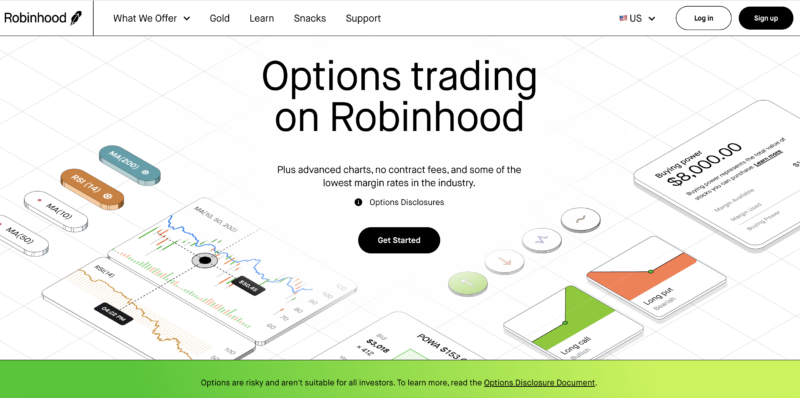
Robinhood approves options trading at two levels: Level 2 and Level 3. Level 2 can accommodate basic options trading strategies, while Level 3 allows for more complex strategies.
Robinhood offers the following options trading features:
- No commission-fees on trades or options contracts
- Advanced charts (track and modify Moving Average (MA), Relative Strength Index (RSI), and more
- Strategy Builder lets you build vertical spreads, calendar spreads, strangles, straddles, and more.
- Watchlist lets you save and monitor options contracts without trading
- Trade options in a Robinhood IRA account
- Exchange and regulatory fees may apply
* After a tragic death of a young Robinhood investor in 2020, the brokerage has implemented several safeguards to help users manage risk with options trading. Regardless, options trading remains unsuitable for inexperienced investors, who are better off sticking to traditional, long-term investment strategies.
Robinhood Retirement
With the launch of Robinhood Retirement in 2023, you can now open a tax-advantaged traditional and Roth IRA. This new feature adds value to Robinhood as investors can use it for short-term and long-term investing.
Robinhood makes it easy to transfer from external accounts. This includes transferring an existing IRA or rolling over an old 401(k). When you transfer, Robinhood will pay 1%, with no cap, on top of the transfer amount. Note that you can trade options in a Robinhood IRA account.
⭐ For a limited time, until April 30th, 2024, Robinhood is offering a 3% match on new qualifying contributions and transfers to a Robinhood IRA when you have Robinhood Gold. You have to keep Robinhood Gold for at least a year and keep your funds in the account for five years.
Robinhood Gold
Robinhood offers an optional monthly subscription called Robinhood Gold that unlocks several premium benefits for $50 a year (or $5 per month when paid monthly) after a 30-day free trial.
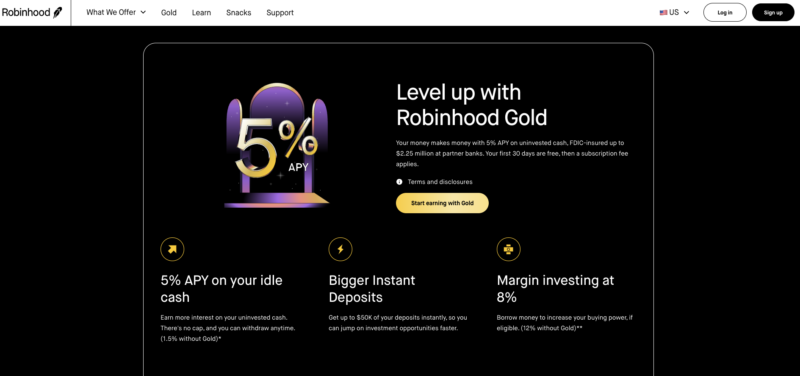
You’ll receive the following benefits on non-retirement brokerage accounts:
- 3% IRA Match (no match for non-Gold)
- 5.00% APY your uninvested cash (vs. 1.5% for non-Gold members)
- 8.00% margin account interest rate (12.00% without Gold)
- Make Bigger Instant Deposits of up to $50,000 ($1,000 limit for non-Gold)
- Access to Morningstar professional research ($249 annual value)
- Nasdaq Level II market data
Robinhood Cash Card
The Robinhood Cash Card is a prepaid debit Mastercard issued by Sutton Bank, an FDIC member. It replaces Robinhood’s Cash Management product, which is no longer available to new customers. The Robinhood Cash Card is free and may help improve your savings and spending power.
This account is similar to a rewards checking account and includes the following benefits:
- A round-up savings feature lets you invest automatically when you spend.
- Schedule recurring investment contributions from your paycheck
- Early access to your direct deposit
- Earn cash back at participating stores
- Up to $250,000 in FDIC Insurance (this is pass-through coverage from partner banks)
- Mastercard Zero Liability Protection
How does Robinhood make money?
This is the million-dollar question – how can a company giving away free trades make money? One clue is from the optional Robinhood Gold service, which costs $5 a month. However, premium subscriptions alone can’t power one of the world’s busiest investing apps with millions of accounts.
Robinhood provides the answer in the FAQ section of its website. Here are the various ways that Robinhood makes money:
- Money off order flow (a rebate that exchanges give for providing liquidity)
- Robinhood Gold subscriptions
- Interest from margin trading accounts
- Stock loans
- Interest from uninvested cash
- Cash management accounts
It’s possible to trade stocks and funds 100% free on Robinhood. However, a “hidden cost” is order flow trading. Individual traders place a trade without paying fees, but just before the trade is executed, the market maker might pay a small commission to the app for routing the order through their exchange. While this practice is questionable, many free apps use the same execution quality to generate income.
How to Get Started with Robinhood
You can sign up with Robinhood online through its web platform or by downloading the Android or iOS mobile app. New users can also receive one free stock after the signup process.
I signed up on my computer rather than my phone because I’d rather not type in a bunch of account information on a tiny keyboard. The sign-up process takes about 5-10 minutes and you’ll need to provide some basic information – name, address, Social Security, birthday, and other demographic information.
You’ll also be prompted to link up your bank account through Plaid and transfer funds into your account. You can link most bank accounts through this third-party service used by hundreds of personal finance apps to avoid storing your login credentials on their servers.
You can also transfer assets into Robinhood and be reimbursed up to $75 per account in transfer-out fees that your old brokerage charges you. Once you sign up, it’s time to log in, and you’re off to the races.
Is Robinhood Safe?
In short, Robinhood is safe.
Since it is a broker, it’s regulated by the SEC (Securities and Exchange Commission) and is required to have safety measures similar to other brokers. For example, Robinhood has SIPC insurance of up to $500,000 for securities and $250,000 on cash.
Robinhood is also regulated by FINRA. You can look them up on BrokerCheck under CRD# 287900. If you do, you’ll see they’ve been approved since 10/13/2017 and currently have two disclosures.
They also have implemented several security measures to protect your data. Your password is hashed using the BCrypt hashing algorithm. Sensitive information like your Social is encrypted before storage.
Communications are encrypted using Transport Layer Security protocol (TLS), and Robinhood won’t store your banking credentials once they’ve been authenticated. Instead, they are stored as access tokens through third-party integration.
Lastly, Robinhood employs an optional two-factor authentication on its app.
What I Like About Robinhood
- The free trades. You can place market, limit, stop loss, and stop-limit orders on U.S. stocks and ETFs without commission fees. You can also trade crypto and options commission-free.
- Fractional shares. Robinhood lets you buy slices of any stock or ETF. The minimum investment is only $1, lower than many competitors that require you to place at least a $5 per trade.
- Intuitive trading dashboard. Robinhood does everything possible to make the trading experience user-friendly. When you log in, you’re greeted with your account value, some historical charts, and relevant stories in a slider at the bottom. Green if you’re up, red if you’re down.
- You can get access to some pre-IPO stocks. Robinhood will periodically email accountholders when there are opportunities to purchase pre-IPO stocks. It will be a small selection of stocks and won’t be every company that will IPO, but it’s better than nothing. (Technically, these are offers at the open, so not technically “pre-IPO,” but pretty close)
- Robinhood Retirement: I like that Robinhood has added retirement accounts to its product lineup. You can save for retirement with a tax-deferred or tax-free IRA. It’s also possible to receive a 1% matching deposit.
- Dividend Reinvestment Plan (DRIP): Robinhood lets you automatically reinvest your dividend income from stocks and ETFs. DRIP investing doesn’t require a minimum investment.
What I Don’t Like About Robinhood
- No support for mutual funds, bonds, or fixed-income trading: You can’t buy or sell mutual funds or fixed-income investments, including bonds, through Robinhood, a significant drawback.
- No short selling. This won’t impact most investors, but Robinhood doesn’t offer short selling.
- Little to no analysis is available. Robinhood has limited reports and analysis tools. There are news notifications and historical price charts but that’s the only thing outside of executing transactions. Many of the best discount brokers also don’t charge fees but offer excellent stock screeners, charting tools, and analyst reports.
- Limited customer support. 24/7 support is available by phone or live chat, but you may need to wait for the broker to contact you. Traditional brokerages are likelier to have more agents on hand morning or night, particularly on volatile trading days.
- Placing limit orders is cumbersome. If you want a market order, the process is simple. However, limit orders require you to enter a price on a separate screen. Once you select a price, you pick how long to keep it open (“Good for a Day” or “Good till Canceled”), then it goes back to the order screen, and you complete your order. After you place the trade, if you want to see your order, you must go to “History.” You can’t edit the order, you have to cancel it and re-enter (most brokers will let you “edit,” saving you the work of canceling and re-entering.
Robinhood vs. Fidelity
Fidelity Investments is a full-service online brokerage suitable for investors of all experience levels. Most investing functionality is available through its web platform. However, you can only trade stocks by the slice through the Fidelity mobile app with a $1 minimum investment. Fidelity’s market research and analysis tools are more extensive than what Robinhood offers.
Unlike Robinhood, you can hold mutual funds, bonds, and fixed-income investments with Fidelity. Trades are commission-free for U.S.-listed stocks, ETFs, and Fidelity mutual funds. You can trade crypto, but you have to open a separate Fidelity Crypto account.
Get the Latest Fidelity Promotions
Robinhood vs. Public
Public lets you trade stocks, ETFs, and crypto with a $1 minimum investment. And, as of February 2024, you can earn over 5% APY on your cash through its high-yield savings account.
The app offers basic research tools, a built-in social media platform, and the opportunity to invest in alternative assets and U.S. Treasuries. Unfortunately, tax-advantaged retirement accounts are not available. For $8/month, Public Premium offers enhanced trading features, more customer service options, advanced data and analysis, and portfolio management.
Our Public review covers more of the investing app’s features.
Robinhood vs. SoFi Invest
SoFi Invest lets you start trading stocks and ETFs by the slice with a $5 minimum investment. Options trading and retirement accounts are also available. SoFi’s research tools are similar to Robinhood.
SoFi Invest may be a better option than Robinhood if you already use SoFI for its banking services and loans. Also, investors who are looking for a robo-advisor solution may SoFi’s automated investing portfolios.
Check out the latest SoFi promotions to earn bonus cash with new accounts.
Robinhood vs. WeBull
WeBull lets you trade stocks, ETFs, crypto, and options through taxable or retirement accounts similar to Robinhood. Trading is commission-free, and the minimum investment is $5 for fractional shares.
This service has better charting tools than Robinhood with many technical indicators. There is also a paper trading simulator. Webull recently started offering cash management accounts and a robo-advisor service.
Our Robinhood vs. Webull comparison looks more closely at the differences between both brokerages. Read our Webull review for more.
FAQs
If you want to buy and hold individual stocks and ETFs, you can do that with Robinhood. You can also automatically reinvest your dividends (DRIP) and earn interest on your cash. However, the lack of research tools and customer support is frustrating.
Yes, Robinhood began offering traditional and Roth IRAs in early 2023. There is no minimum balance requirement or service fee. These accounts are eligible for $1 fractional investing and commission-free trading.
Robinhood is ideal for beginners because it’s easy to use and has no fees or account minimums. Experienced investors will appreciate the $1 fractional shares; however, the in-depth research tools and lack of support for mutual funds, bonds, and other fixed-income investments are drawbacks.
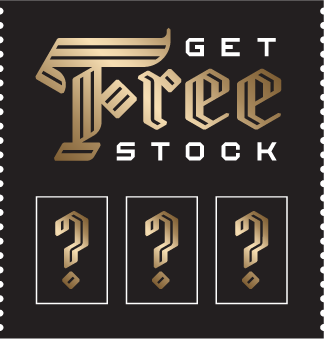


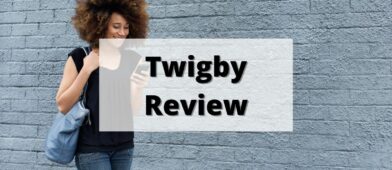
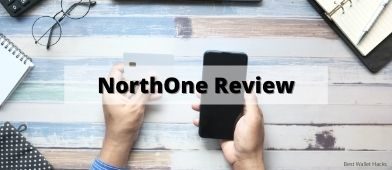
Nice review Jim. I actually just started using Robinhood earlier this month and I really like it. It’s definitely not the app for more “seasoned” investors but for people that want to get introduced to stocks I think the simplicity is nice.
The simplicity is elegant!
Love hearing that they are finally allowing limit orders. The only thing that makes me reluctant is their size and ability to cover errors and mistakes. SIPC protection isn’t enough to make them your sole brokerage I think but play money for sure heck yeah, hope these guys thrive
Hey Jim.
I just started using robinhood about a month ago. I had the aap downloaded for a while but never used it as it requires too much personal information.
Little to my understanding and no background in Finance and Stock market I find this aap an opportunity to learn the market at my own pace.
In my case I set aside an amount and started playing with it on Robinhood. For a beginner who knows nothing about market I think this is a very intuitive aap.
It IS a stock trading app, so you would have to offer a lot of information. 🙂
If you know very little about investing, I recommend studying up before using any app. Or consider a roboadvisor.
I have been using Robinhood application since 2015. The plus is the zero brokerage and you got what you pay for. Now I have submitted my request to close the account May 2017, and all my holdings have not been transferred to the new broker account. Email to the support team , we get automated response but not reply to the issue that we are facing. Still following to get all
my shares transferred.
Try to move your funds to another company or close your account out. I have been trying for 4 months and I have been told that all the information that they took and then asked for additional documents is all of a sudden not verifiable. I have even offered to 3 way call these organizations with so that they can get the info needed they said oh that is not necessary but they are going to not allow me to have my money because they can’t verify the information they asked for. This company is very shady and there are… Read more »